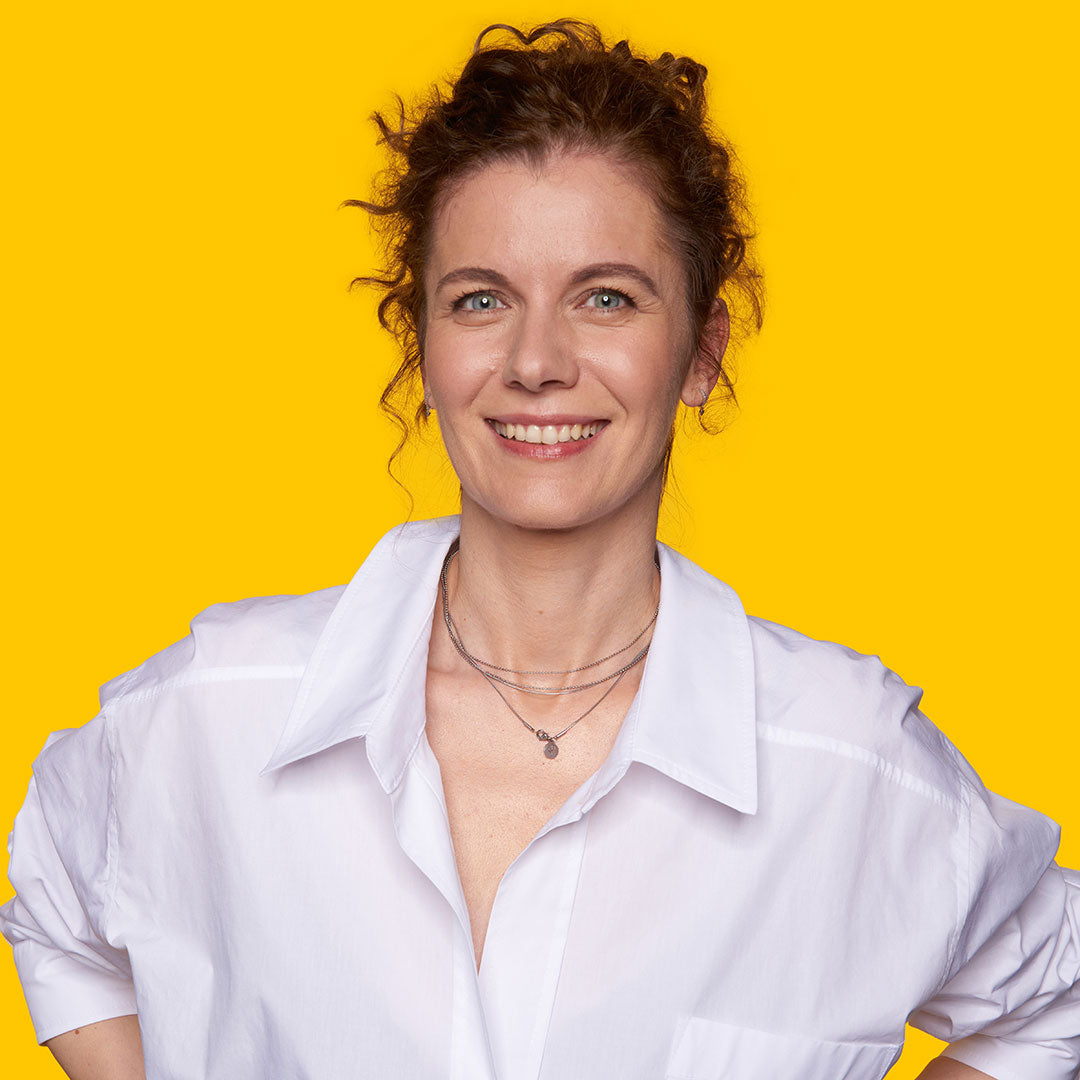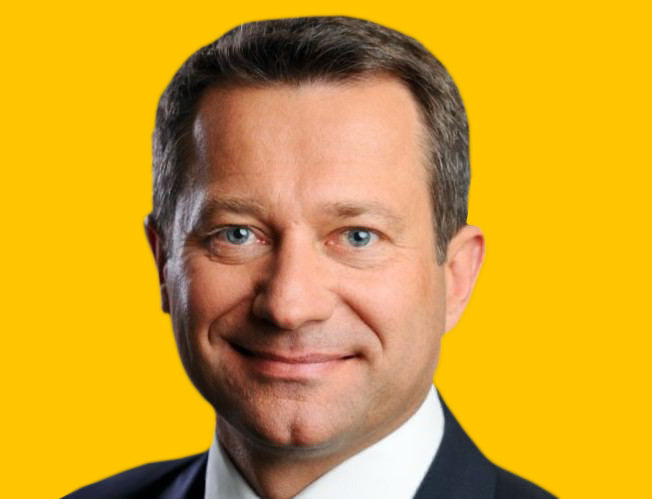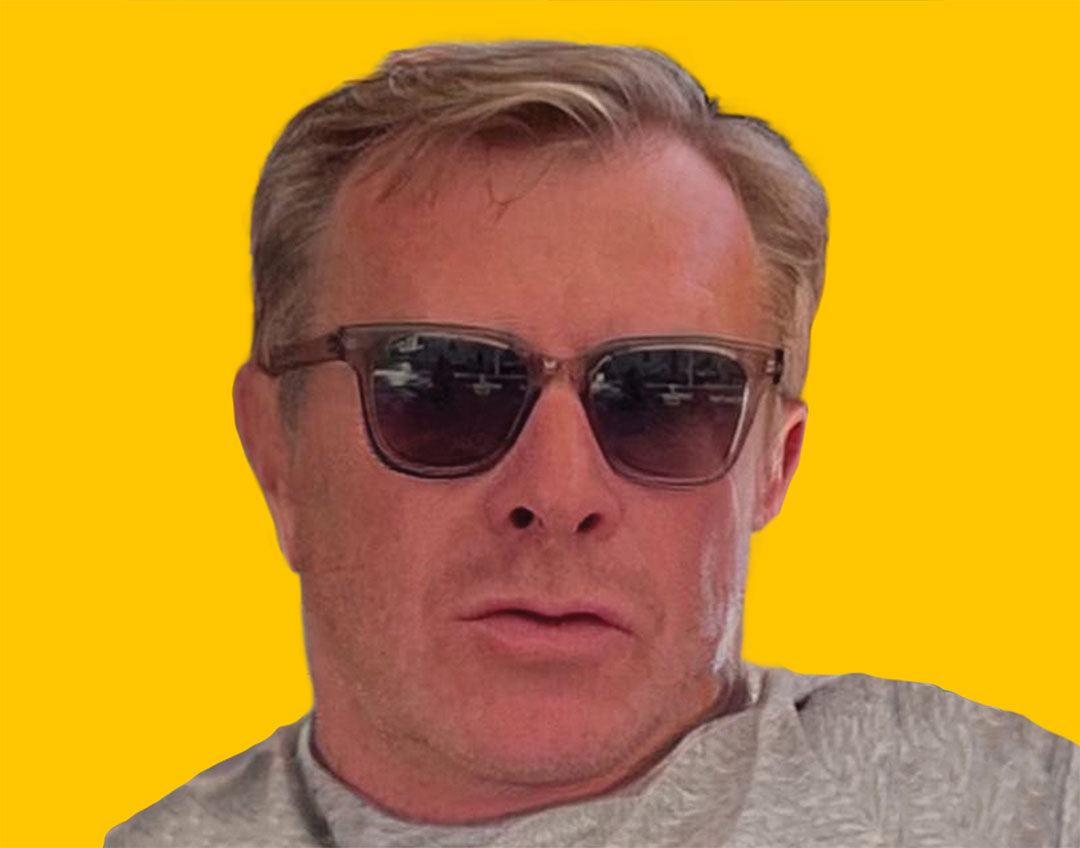
Sleep takes up a lot of our time, but we cannot function without it. For decades, scientists have been looking for the answer to the question: Do we sleep to let our body rest, to save energy or to keep our brain in good condition?
Even though there are 24 hours in a day, we can spend about 16 actively and that is usually not enough. We try to extend the day at the expense of sleep, because it often seems like a waste of time. Yes, we feel much better after a good night's sleep, but who among us hasn't sacrificed sleep for an engaging TV series or book? Why as much as one third of life 1 do we have to stay idle in bed instead of having fun 24 hours a day?
Scientists have been searching for the answer to this question for many years and examining the topic from various perspectives. Despite this, they are not able to give a clear answer yet, although they have several theories 2 . Let's look briefly at each of them.
Sleeping at night is important for safety reasons.
This sums up the oldest theory about why we sleep in one sentence. Scientifically it is called adaptive theory or inaction theory. The idea is that animals that hunted at night were more likely to have accidents and fall prey to predators. Those that lay idle in the dark were safer, had a greater chance of surviving and fathering offspring. Through evolution, this "more beneficial" mechanism was allegedly adopted by humans. However, the theory is not entirely coherent:
- there are animals that are active at night (and sleep during the day) and their bodies are adapted to this,
- if safety at night is a priority, then instead of sleeping, it would be better to remain alert and aware, scanning what is happening around us, even if we are lying still at that moment.
Based on the adaptation theory, another theory was created - energy saving theory.
Sleep is needed to save strength for tomorrow.
And although we currently have no problem with access to food in developed countries, in the natural environment animals and our ancestors had to hunt (and/or collect) food for themselves. At the same time, they had to compete with others for prey. Regardless of whether it was meat or plant foods, the day provided better conditions for this than the night. Therefore, it made more sense to rest at night to ensure better physical condition when hunting or foraging during the day . Therefore, scientists suggest that the primary function of sleep is to reduce energy consumption 3 . At night, the body goes into "economy mode" - metabolism drops by 15%, body temperature drops, and caloric demand decreases (up to 80% compared to the daily one). 4 .
But maybe it's not about saving energy at all, but about simply resting and replenishing it?
Sleep is a time of regeneration for the body.
This theory says that sleep is necessary to repair various body functions that "wear out" during the day . It is confirmed by scientific research involving animals - if they are completely deprived of sleep, their immune system stops working and they die within a few weeks. 5.6 . This theory is also supported by the fact that many functions in our body occur most or (in some cases) only during sleep, such as muscle growth, tissue repair, protein synthesis and growth hormone release. 7 . The rest period is also particularly important for brain function. Research in this direction has led to the creation of another, newest theory as to why people cannot do without sleep.
The brain needs sleep more than the body.
During the day, our body produces adenosine. The more and longer we are active, the more this substance accumulates in the brain. When there is too much of it, the brain begins to feel tired and sleepy 8 . When we sleep, we cleanse the entire system of adenosine and we feel rested in the morning , if this process has been effective. Coffee lovers, beware! Caffeine blocks the feeling of fatigue in the brain by reducing sensitivity to adenosine. So even though the body is actually tired, coffee causes the brain not to hear these signals.
Sleep is also crucial for brain plasticity 9 . Young children sleep a lot more because their brains are still developing. Adults also need sleep to have better cognitive abilities, memory and concentration. Nighttime regeneration ensures that we can absorb new knowledge, socialize and solve problems during the day. You can read here how lack of sleep can disturb these functions .
As you can see, there are many theories about why we sleep and none of them gives a comprehensive answer to this question. Probably, they are all right to some extent. We can only say one thing clearly - we sleep to live , and lack of sleep inevitably leads living beings to death.
Bibliography:
- Aminoff MJ, Boller F., Swaab DF, “We spend about one-third of our lives either sleeping or attempting to do so.” Handb Clin Neurol. 2011
- “Why Do We Sleep, Anyway?”, Division of Sleep Medicine at Harvard Medical School, healthysleep.med.harvard.edu, December 18, 2007.
- Siegel J., “Clues to the functions of mammalian sleep.” Nature, 2005
- Sharma S., Kavuru M, "Sleep and Metabolism: An Overview", International Journal of Endocrinology, vol. 2010.
- Everson CA, Bergmann BM, Rechtschaffen A., “Sleep deprivation in the rat: III. “Total sleep deprivation.” Sleep. 1989
- Vaccaro A., Dor YK, Nambara K. et al., “Sleep Loss Can Cause Death through Accumulation of Reactive Oxygen Species in the Gut.” Cell, June 11, 2020
- “Why Do We Sleep, Anyway?”, op. cit.
- Porkka-Heiskanen T., “Adenosine in sleep and wakefulness.” Ann Med. 1999
- Frank MG., “The mystery of sleep function: current perspectives and future directions.” Rev. Neurosci. 2006


What makes our capsule stand out?
The nikalab capsule impresses not only with its appearance, but also with its operation. We used two innovative...








